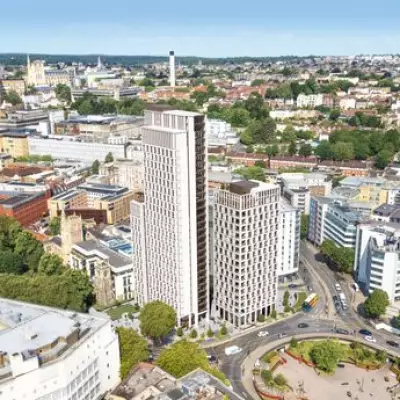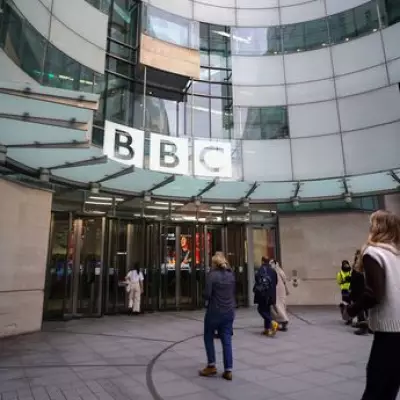
In a significant shift that could transform the lives of thousands of families across Britain, the Labour Party is considering abolishing the controversial two-child benefit cap that has been described as a "cruel" policy pushing children into poverty.
Reeves Signals Major Welfare Reform
Shadow Chancellor Rachel Reeves has revealed that scrapping the limit forms part of Labour's wider review of the social security system, marking what could be the most substantial overhaul of welfare in over a decade. While stopping short of an outright commitment, Reeves acknowledged the policy is "something we want to look at" once fiscal conditions allow.
The two-child limit, introduced by the Conservative government in 2017, restricts child tax credit and universal credit to the first two children in a family. Critics argue it has created a "poverty trap" affecting approximately 1.5 million children nationwide.
The Human Cost of the Cap
Campaigners and anti-poverty organisations have long argued that the policy disproportionately affects larger families and those who've experienced relationship breakdowns or unexpected pregnancies. The Joseph Rowntree Foundation estimates the removal could lift 250,000 children out of poverty immediately.
One Birmingham mother of three told us: "Choosing between heating and feeding my youngest feels impossible. This policy punishes children for being born - it's inhumane."
Fiscal Realities vs Moral Imperatives
While the moral argument for abolition appears strong, Labour faces significant financial constraints. Scrapping the cap would cost approximately £1.3 billion annually - a substantial sum when the party has committed to strict fiscal discipline.
Reeves emphasised that any changes must be "affordable" and won't involve borrowing, suggesting that abolition would need to wait until economic growth improves public finances.
Political Battle Lines Drawn
The debate has exposed tensions within Labour, with some MPs pushing for immediate commitment while leadership urges caution. Conservative ministers defend the policy as necessary for controlling welfare spending and ensuring fairness to taxpayers.
As the general election approaches, this issue represents a key dividing line between the major parties on social justice and economic responsibility.
What Happens Next?
Labour's social security review continues, with a final decision expected before the next election manifesto. Meanwhile, families across the West Midlands and beyond wait anxiously, hoping for relief from what many describe as an "unbearable" financial burden.
The outcome could define Labour's approach to welfare reform for a generation and determine whether Britain takes a significant step toward eliminating child poverty.





